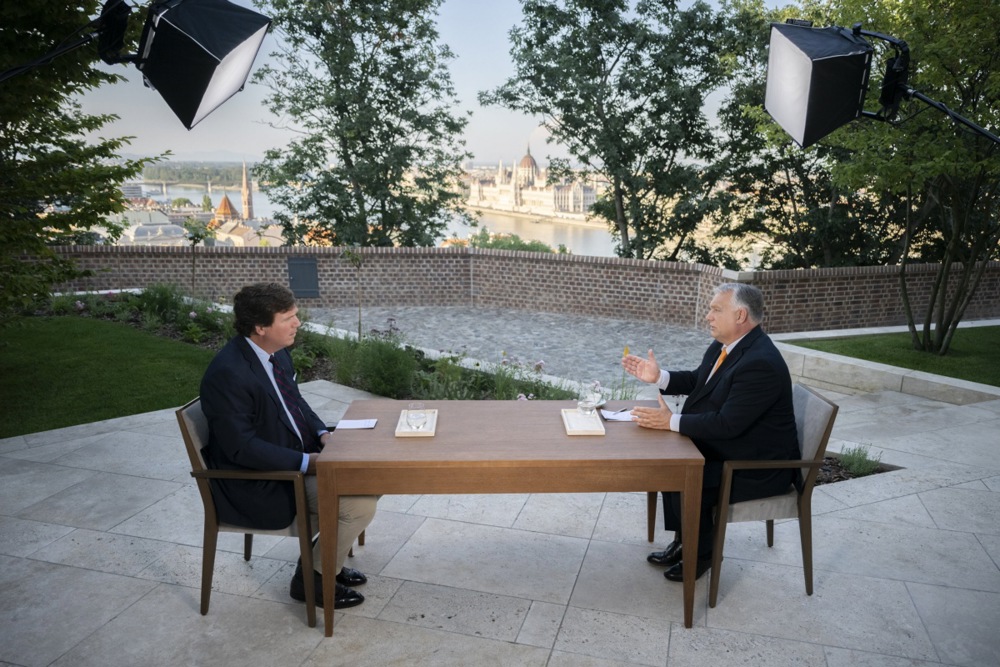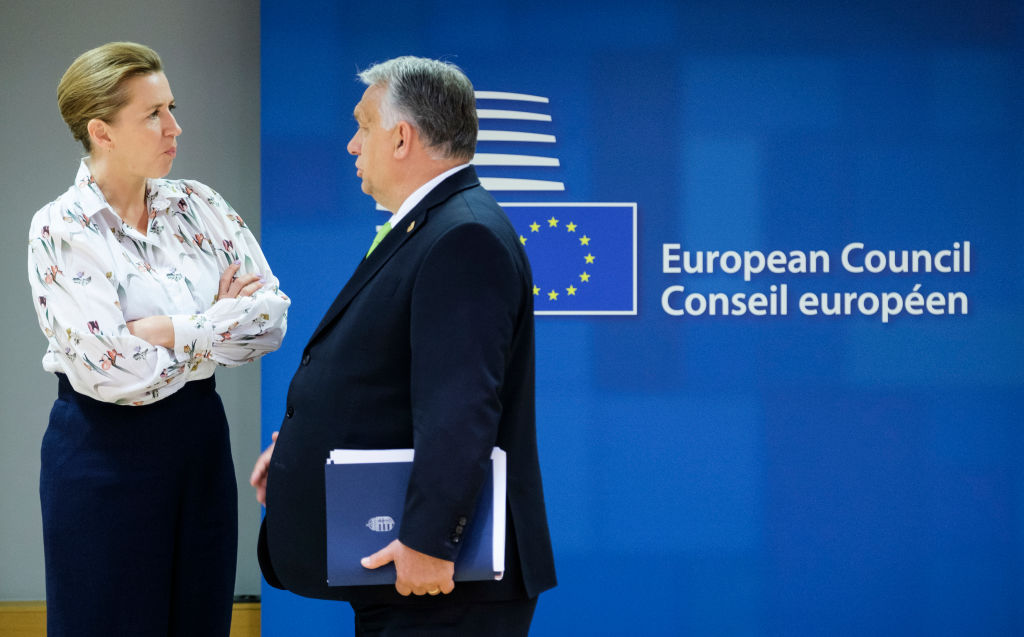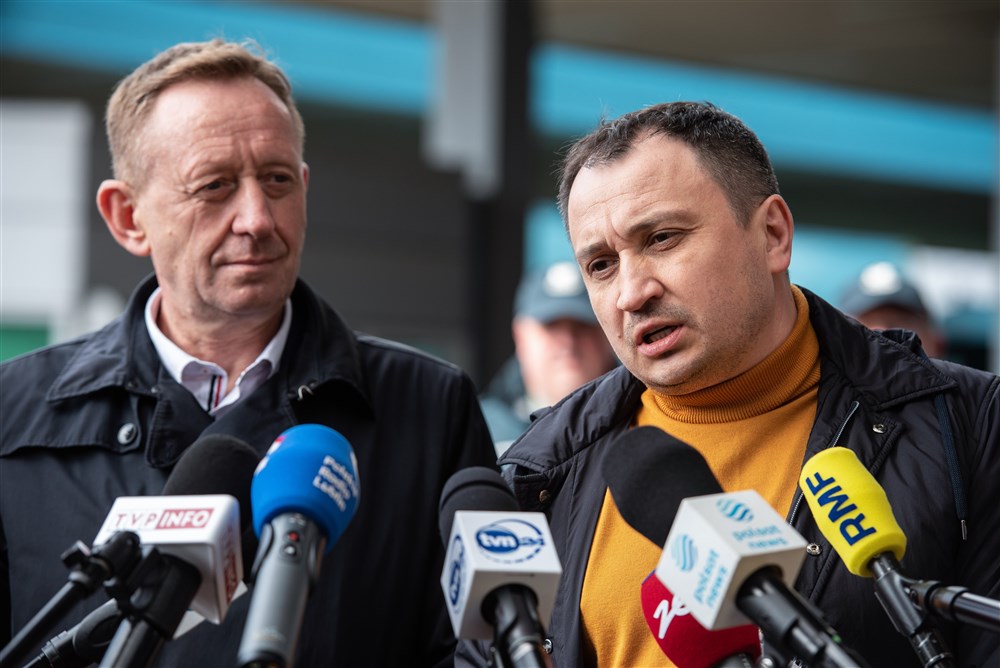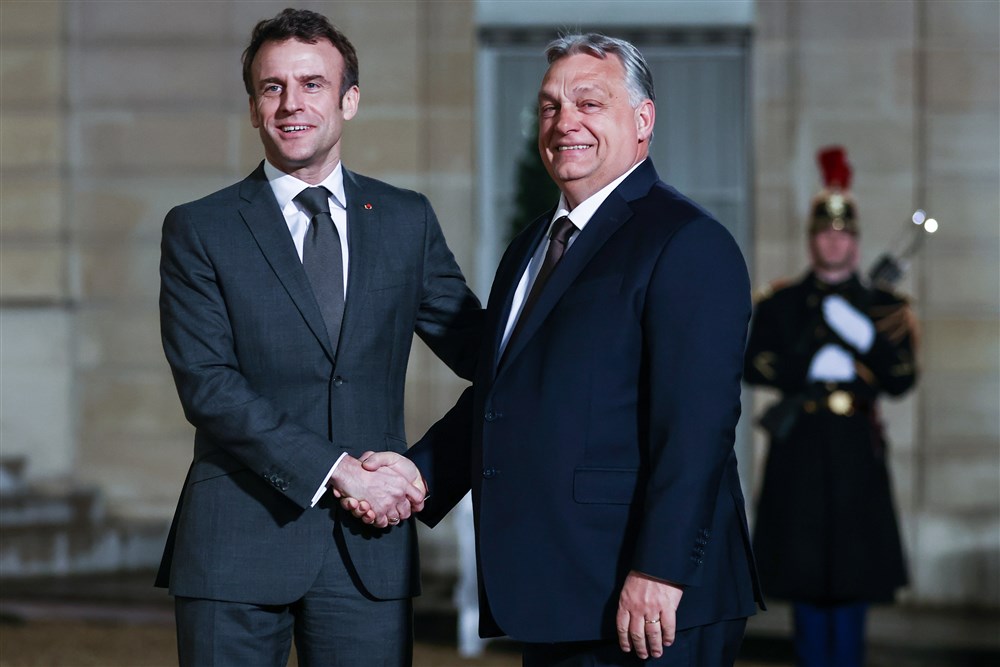The EU is considering unlocking billions of euros for Hungary that were frozen over rule-of-law concerns as it seeks to win Budapest’s approval for aid to Ukraine, including a start to membership talks for Kyiv, according to senior officials.
Hungary cultivates closer ties with Russia than other EU states and is seen as the key potential opponent to a decision due in December on whether to open accession talks with Kyiv, which would require unanimous backing of the union’s 27 members.
Also at stake is a bid by the EU executive Commission to have member states contribute more to the bloc’s joint coffers, to help fund more aid to Ukraine. That decision is also expected later this year and requires unanimity.
A senior EU official told Reuters that to sway Hungary’s vote, the bloc expects to look at the status of billions of euros worth of EU handouts now frozen over concerns that Prime Minister Viktor Orbán has restricted the independence of courts.
“I can’t imagine Hungary agreeing without there first being a solution to the blocked funds,” said the official.
A second EU official confirmed there was a link between releasing funds to Hungary and EU plans requiring unanimity, including enlargement and budget talks.
Sources stressed, however, a deal was not a foregone conclusion and much also depended on Orbán, who is faced with economic stagnation and a widening budget deficit at home.
“Hungary needs the money urgently, which is an incentive for reform. The Commission needs Hungary to lift its vetoes on a number of issues in return,” said an EU diplomat.
“But I don’t think the Commission will or can move without any movement on reforms from Budapest.”
EU officials told Reuters that laws passed by Hungary this summer to increase judicial independence had brought a deal closer to unfreezing part of some 22 billion euros in economic development aid. Last week, the Commission wrote to Budapest asking for more details on implementation.
Speaking in Budapest on Tuesday, Hungary’s EU affairs minister said he expected a deal with the EU on frozen funds “by the end of the year”.
In seeking to reach an agreement with Hungary, the EU faces tension between two of its major goals – defending democratic standards in its member countries and supporting Ukraine as Kyiv seeks to repel Russia’s invasion and integrate into the West.
For Ukraine, which applied to join the EU just days after Russia’s invasion in February last year, support from the West is existential and EU membership is one of the foremost national aims.
Before EU leaders vote in December, the Commission will present an assessment in the coming weeks on Ukraine’s progress in meeting conditions to start talks.
Orbán has said that “very difficult questions” would need to be answered before the EU starts membership talks with Ukraine, a process that would take years before Kyiv joins, if at all. Speaking to the Hungarian parliament last week, he drew a line between supporting Ukraine and unlocking EU funds.
“Brussels… is expecting us to agree to an amendment to the European Union budget that requires unanimity,” he said. “They are asking us… to give even more money to Ukraine.”
“Brussels should give us the money that is due to Hungarians, and the state of public finances will already look brighter… The amount owed to us would – and, I am convinced, will – smooth out the balance of the budget,” he said.





